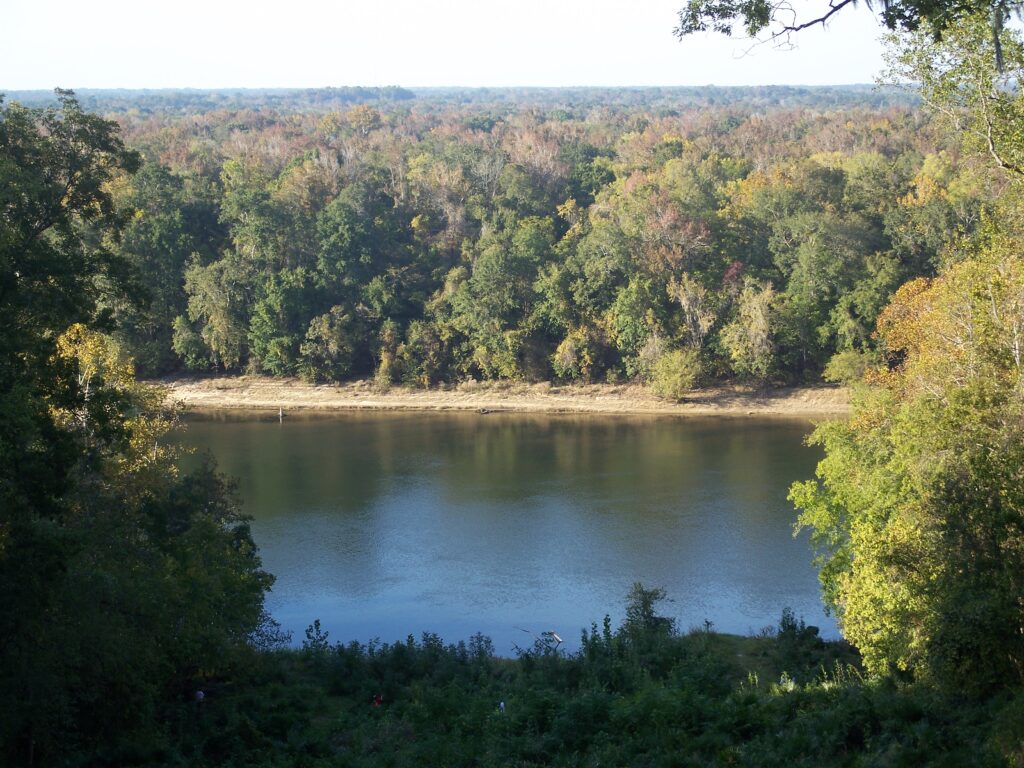By Trimmel Gomes, Florida News Connection
A controversial oil drilling proposal near Florida’s Apalachicola River is drawing sharp criticism ahead of a key administrative hearing this week.
Environmental advocates and local lawmakers are challenging the decision by the Florida Department of Environmental Protection to permit exploratory drilling in the floodplain of one of the state’s most ecologically significant waterways.
The company, Clearwater Land & Minerals of Florida, proposes drilling through a lime rock pad just north of Dead Lakes in Calhoun County, approximately 60 miles west of Tallahassee.

Susan Anderson, executive director of Apalachicola Riverkeeper, says “no” to that.
“To put what is considered a treasure for the entire world at risk for a very limited potential economic return to a small number of individuals is something that our organization must stand up and oppose,” Anderson said.
The company’s permit application includes well-control procedures, preventive measures and contingency plans for potential accidents and spills. While the Calhoun County Commission supports the project, it faces widespread opposition from state leaders, local officials, the public and residents who’ve voiced their opposition.
The proposed site lies within a 144,000-acre floodplain vital to biodiversity and the recovery of Apalachicola Bay, which suffered a collapse of its oyster fisheries in 2012.
Anderson said she is alarmed over the environmental precedent this project could set, highlighting the ecological risks and interconnected ecosystems. She pointed out that about 90% of Gulf of Mexico species spend some part of their lifecycle in Apalachicola Bay.
“And the river itself is connected through multiple creeks, backwaters and wetland,” she said. “It is in the vicinity of the Chipola River and the Dead Lakes, which are extraordinary resources.”
A five-day administrative hearing begins today in Tallahassee.
Florida News Connection is a bureau of the Public News Service. Banner photo: An oil drilling rig (iStock image).
Sign up for The Invading Sea newsletter by visiting here. To support The Invading Sea, click here to make a donation. If you are interested in submitting an opinion piece to The Invading Sea, email Editor Nathan Crabbe at ncrabbe@fau.edu.



